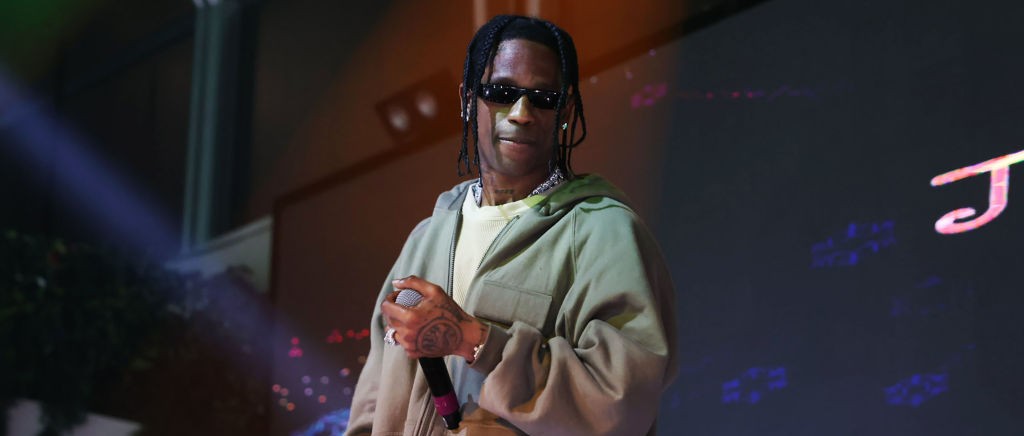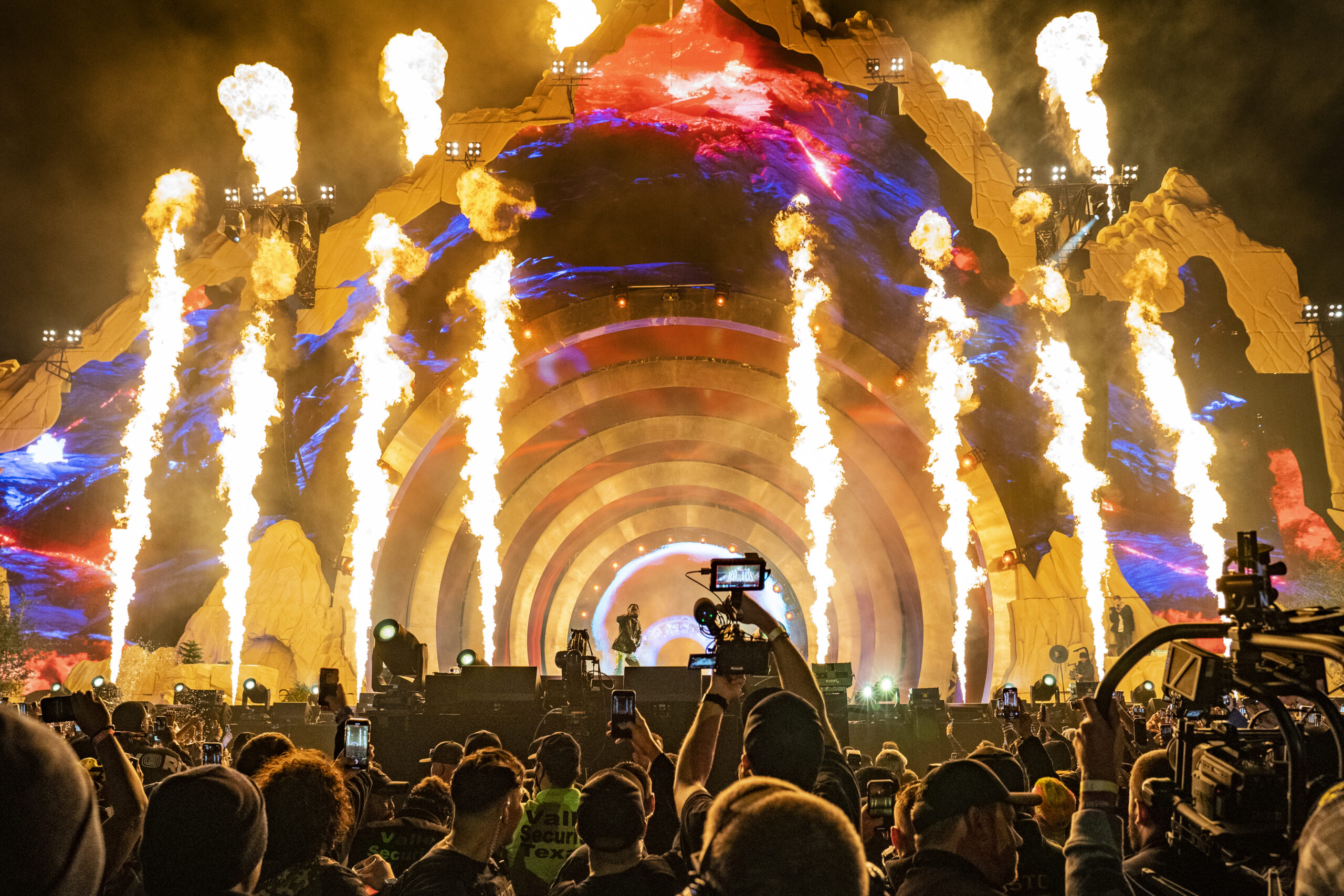The United States Department of Justice (DOJ) has launched a lawsuit against Ticketmaster’s parent company, Live Nation, in an effort to dismantle what it alleges to be an unlawful monopoly. The case has sent ripples through the live events industry, sparking debates about competition, fairness, and the future of live music. Attorney General Merrick Garland, in a speech on May 23, accused Live Nation of engaging in anticompetitive behavior that harms fans, artists, and smaller industry players. However, the company, which dominates ticket sales and concert promotion in the U.S., has responded by defending its practices and criticizing the DOJ’s actions. As this legal battle unfolds, here’s what we know so far.
Read More: Drake Ticket Prices Lead To Class Action Lawsuit Against Ticketmaster
DOJ’s Allegations
The DOJ’s lawsuit centers on accusations that Live Nation and Ticketmaster have leveraged their dominant market position to stifle competition. According to AG Garland, the company controls primary ticketing for 80% of major concert venues in the U.S. and also owns 60% of the larger amphitheaters. Additionally, Live Nation manages over 400 artists and promotes 60% of U.S. concerts, giving it extensive influence over the live events landscape. These practices, Garland argues, are both anticompetitive and illegal, ultimately disadvantaging fans, artists, and smaller promoters and venues.
Live Nation’s Defense
In response to the DOJ’s lawsuit, Live Nation issued a statement rejecting the accusations. The company described the claims as “absurd” and “disingenuous,” asserting that the DOJ is misleading the public about the impact of its market practices on ticket prices. Moreover, Live Nation argued that its operations do not inflate ticket prices and suggested that dismantling its business model would not lead to lower costs for consumers. This stance underscores the company’s belief that it provides value to the live events ecosystem despite its dominant market share.
Industry Reaction
The reaction from within the music industry has been mixed. The United Musicians and Allied Workers (UMAW) expressed strong support for the DOJ’s action, praising it as a significant step toward creating a fairer live music industry. In their statement to Pitchfork, UMAW highlighted the financial struggles faced by artists and fans due to Live Nation’s practices, advocating for a more sustainable model where music workers can earn fair wages and fans can afford tickets. This endorsement reflects broader concerns about the concentration of power in the hands of a single entity and its effects on the industry’s health.
Historical Context

The DOJ’s scrutiny of Live Nation-Ticketmaster is not new. The merger of the two companies in 2010 has been under investigation since 2018, with various incidents fueling the case against them. The 2022 controversy surrounding ticket sales for Taylor Swift’s Eras tour and subsequent class action lawsuits by fans have brought renewed attention to Ticketmaster’s practices. Earlier, in 2015, concert discovery tool Songkick sued the company for anticompetitive behavior, resulting in a $100 million settlement in 2018.
Read More: U.S. Senate Addresses Ticketmaster In Hearing After Taylor Swift Debacle
Legal & Financial Troubles
Live Nation’s legal and financial troubles extend beyond the current DOJ lawsuit. In 2019, a company executive was recorded admitting to placing tickets on resale sites, and Live Nation faced a $4.5 million fine in Canada for hidden fees and misleading pricing. The DOJ also fined the company $10 million in 2020 for hacking a competitor’s systems. Furthermore, in 2023, Ticketmaster introduced an “all-in pricing experience” to provide upfront cost transparency, a move seen as a response to ongoing criticism of its pricing practices.
Future Implications
The outcome of the DOJ’s lawsuit against Live Nation-Ticketmaster could have far-reaching implications for the live events industry. If the DOJ succeeds in breaking up the company, it could pave the way for increased competition, potentially lowering ticket prices and giving more opportunities to smaller promoters and venues. For now, the industry watches closely as this high-stakes legal battle unfolds, with the potential to reshape the landscape of live entertainment in the United States.
The post The DOJ Files Lawsuit Against Ticketmaster & Live Nation: What Does This Mean? appeared first on HotNewHipHop.







